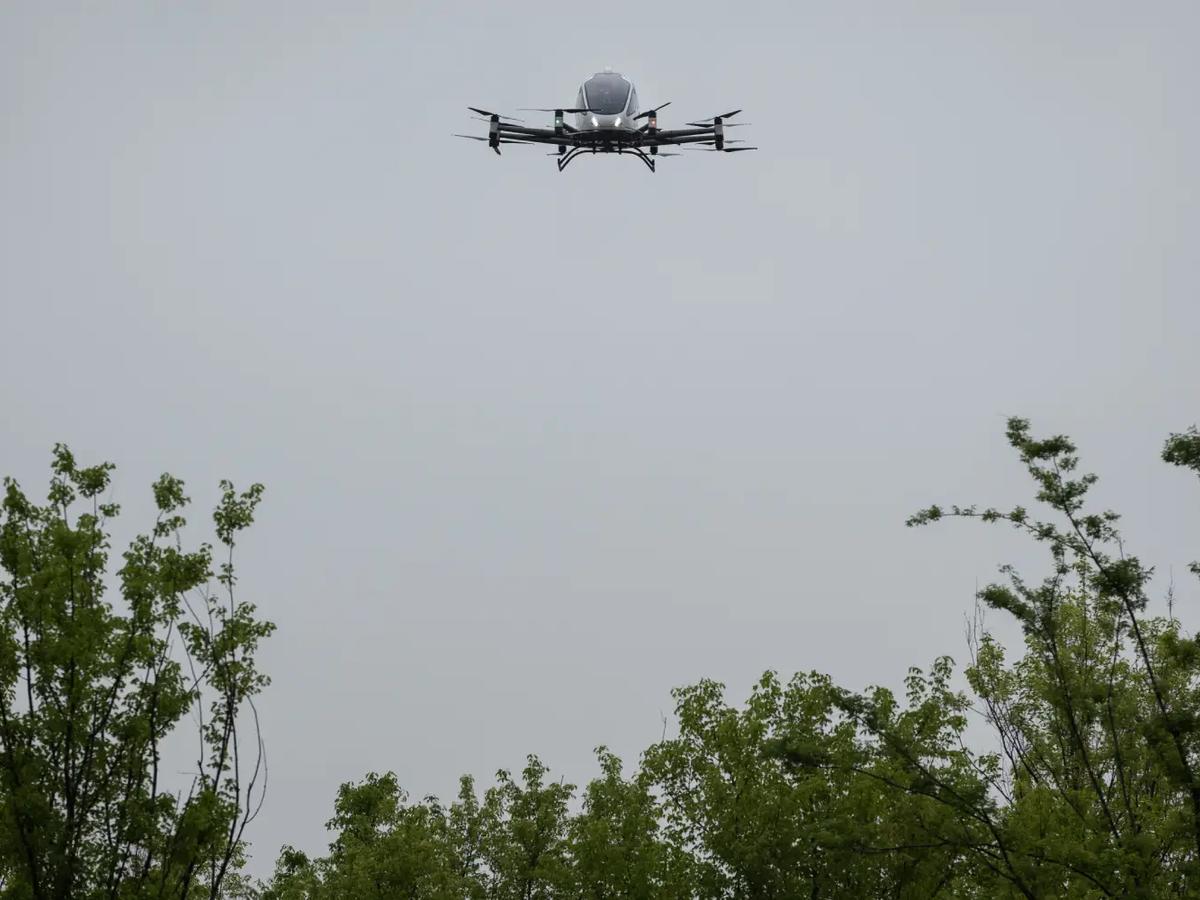Singapore’s rapid digitalization and widespread Artificial Intelligence adoption propel its economy, with SMEs and non-tech sectors driving most of the growth.
Singapore’s digital economy has surged to new heights, accounting for 18.6% of the nation’s GDP in 2024, up from 14.9% in 2019, according to the Infocomm Media Development Authority (IMDA). The latest Singapore Digital Economy Report 2025 credits this expansion to rapid digitalization and a sharp rise in artificial intelligence (AI) use across industries.
The digital sector contributed S$128.1 billion to the economy last year, representing a S$12 billion increase from 2023. Notably, more than two-thirds of that growth came from non-tech sectors such as finance, insurance, trade, and manufacturing, underscoring how digital transformation is spreading well beyond traditional IT fields.
SMEs are at the forefront of this shift. Nearly 95% of small and medium enterprises have adopted at least one digital tool, while AI adoption among SMEs tripled in just a year—from 4.2% in 2023 to 14.5% in 2024. Among larger firms, AI use rose from 44% to 62.5%. Businesses using AI under government-supported programs reported significant efficiency gains, including average cost savings of more than 50%, with some firms in cybersecurity achieving savings above 70%.
Read Also: Singapore Bars Entry To Exiled Hong Kong Activist Nathan La
Singapore’s tech workforce continues to expand, reaching 214,000 workers in 2024. Roles in AI, data science, and cybersecurity are growing fastest, with median monthly wages for tech professionals now S$7,950, well above the national median of S$4,860.
The IMDA report also highlights widespread workplace integration of AI tools. About 74% of workers now use AI regularly—mostly for brainstorming, writing, and administrative tasks. Among them, 85% said AI boosted productivity and work quality, while nearly half credited it with improving creativity and problem-solving.
Employers are also stepping up, with seven in ten providing staff training, access to paid AI tools, or clear policies to guide responsible AI use.
IMDA Deputy Chief Executive Kiren Kumar said the results reflect “strong growth momentum” in Singapore’s digital economy. “We are laying the foundation for frontier technologies—including embodied AI, Quantum Computing, and Agentic AI—to ensure Singapore remains competitive and inclusive in the digital future,” he added.
Through collaboration between government, industry, and the workforce, Singapore aims to deepen enterprise capabilities, strengthen digital skills, and maintain its position as a global digital innovation hub.










